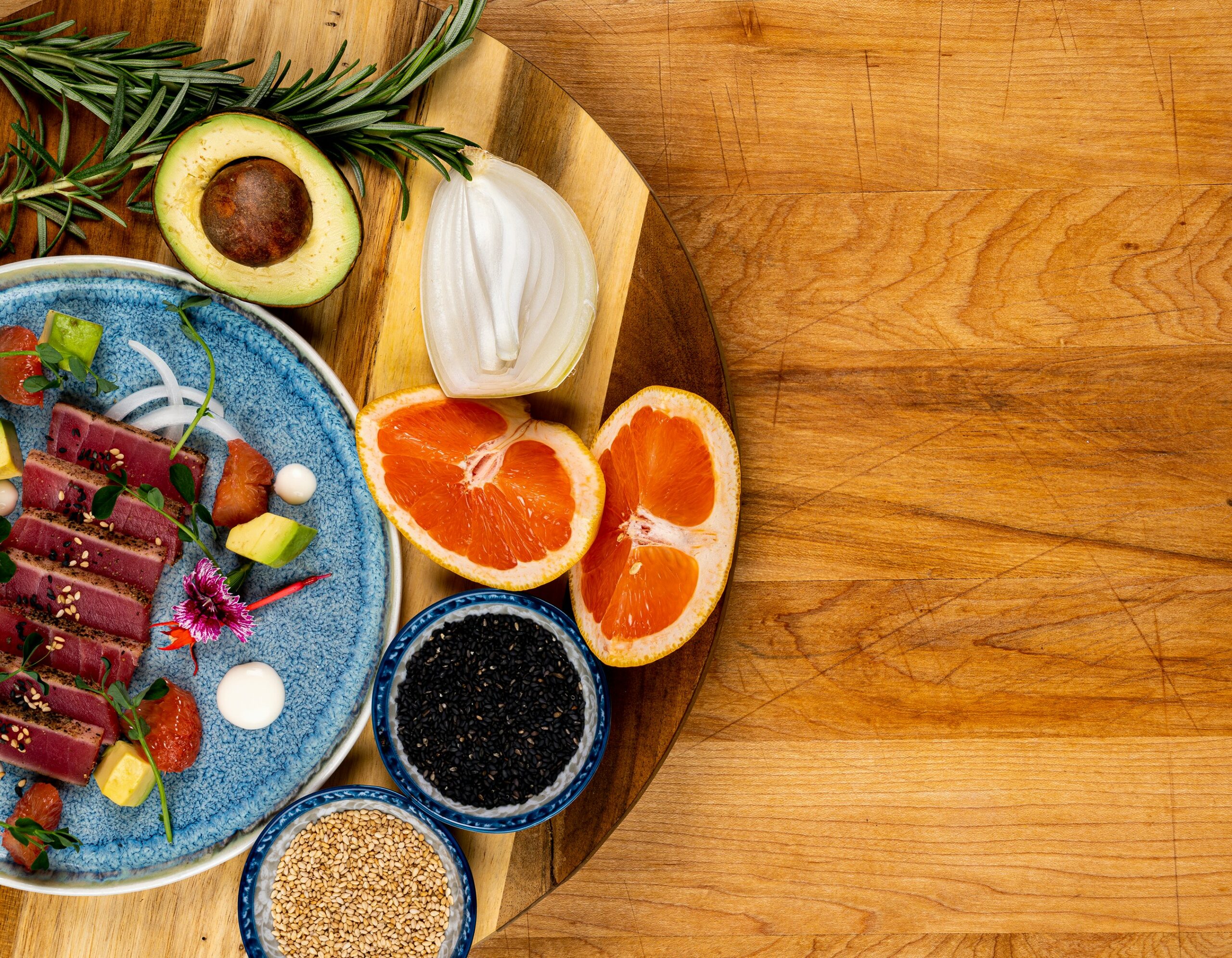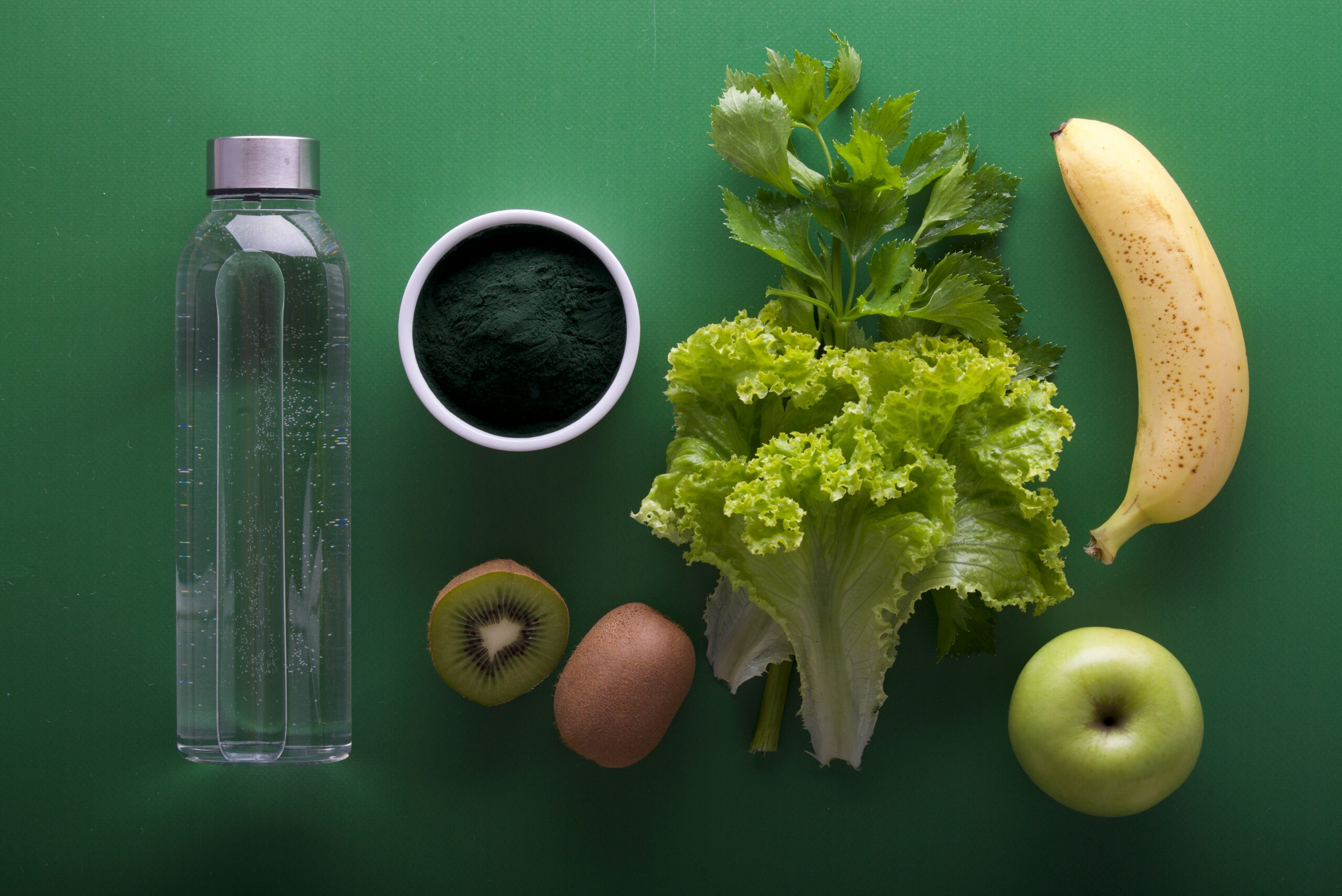Health Crisis: 8 Alarming Diet Trends Destroying Teen Wellness

Introduction
In today’s hyper coupled world, where social media affects fashion, fitness and even food options, a quiet health crisis is right under our nose. This is not a new stress of viruses or bacteria. Instead, this is an increasing epidemic from incorrect information, body image pressure and tireless discovery of “perfection”. victim? Our teenager.
Youth is an important period for physical, emotional and cognitive development. Nevertheless, a dangerous number of young people approach extreme dietary trends in the hope of achieving unrealistic beauty standards promoted online. The desire to eat “healthy” begins so often disorganized foods, nutrition shortages and spirals in long -term damage to both mental and physical health.
This article is currently diving deep into six of the most dangerous diets that infiltrate youth culture – which promises quick results, but produces disastrous results. From juice to keto passion, we highlight the truth behind these so-called welfare movements and highlight how they reduce the very basis of teenage health.
Table of Contents
1. The Dangerous Allure of Juice Cleanses
Juice cleanses were glamorized through celebrities and well-being authorities alike, touted as a way to “detox” the frame and shed pounds fast. Teens, eager for quick fixes, are more and more attracted to month-long challenges or weekend detoxes regarding nothing but fruit and vegetable juices.
But here’s the tough truth: the human frame doesn’t need a “cleanse.” Your liver and kidneys naturally detoxify your device every unmarried day.Juice cleanses provide little more than sugar spikes and empty energy while stripping away critical proteins, fat, and fiber essential for growth.
For teens, whose bodies are nonetheless growing, such restrictive diets can lead to fatigue, weakened immunity, hormonal imbalances, and even stunted increase. Moreover, the psychological impact is profound.When a teenager feels “guilty” for eating stable meals after a cleanse, it sets the stage for disordered consuming patterns that could ultimately last a lifetime.
The backside line? There’s no shortcut to actual fitness. Sustainable electricity, sparkling pores and skin, and robust immunity come from balanced nutrients not starvation masked as health.
2. Extreme Veganism Without Proper Education
Plant primarily based diets, when properly deliberate, can help top notch fitness or even lessen the danger of continual sicknesses.But for many young adults adopting veganism, the motivation isn’t scientific it’s moral, aesthetic, or prompted by using viral TikTok movies.
While ethical concerns about animal welfare are legitimate, many younger vegans lack the dietary understanding to update essential vitamins like vitamin B12, iron, omega-three fatty acids, and whole proteins. As a result, they unknowingly positioned themselves at risk for anemia, low bone density, hair loss, and cognitive fog.
Worse, some young adults use veganism as a socially suitable cowl for limiting meal consumption. Orthorexia, a fixation on “pure” ingesting, is on the upward thrust among children who equate ethical superiority with dietary stress. They may additionally avoid entire food businesses not for health, however for manipulation.
True fitness isn’t measured by means of how “easy” your weight loss program is, however by means of how nourished, energized, and mentally balanced you feel. Parents and educators need to guide young adults towards informed plant-based totally eating with dietary supplements, variety, and expert steering now not dogma.

3. The Keto Craze: Fueling Fat Loss, Not Growth
Cartogenic diet with very little fat, carbohydrates has gained great scale popularity for fast weight loss. Originally developed to treat epilepsy, Keto has now become a go-two for teenagers pursuing a lean body.
But here is the grip: Youth requires carbohydrates.Glucose from healthy carbohydrates provides fuel for brain development, concentration and mood regulation. When teenagers cut bread, rice, fruits and even some vegetables, they deprive the brain of the necessary fuel.
Studies suggest that adolescents may have irritability, depression, memory problems and poor academic performance in long term carbohydrate restrictions. In addition, high fat intake increases the long term risk of heart disease that is only short term weight loss.
Keto can work for certain medical conditions under supervision, but for most young people there is a dangerous lack of development needs. Real health means supporting development – not sabotaging it in the name of aesthetics.
4. Intermittent Fasting: Starvation in Disguise
Fasting (if) material food or eating in the windows at a narrow time -praise for increasing metabolism and improving the fat. Platforms such as YouTube and Instagram overflow with teens with teens with pride around the 16: 8 routine (16 hours fast, 8 hours of eating).
But what they do not show are side effects: passionate thoughts of dizziness, binge episodes, interrupted sleep and food. To increase the bodies, continuous energy intake is not perfect. Skip breakfast today’s most important food impressors weaken focus, immunity and brakes improvement from sports or illness.
More worrying, if a virtue normalizes appetite as a virtue. Teens begin to believe that it is “bad” to feel complete and that self control means pain.This mentality paves the way for food disorders such as anorexia and bulimia.
Health habits for health should promote vitality, not suffering. Instead of fasting, teenagers should be encouraged to eat regular nutrients that strengthen their days and protect the future.

5. The “Clean Eating” Trap
“Pure food” seems harmless – perhaps also positive. Who will not eat clean, clean, nutritious food? But in practice, this trend has become a foundation for orthorexia and anxiety around food.
Teens often eliminate processed foods after a “clean” diet – but then expand the limitations of gluten, dairy, soy, sugar and even night custom vegetables. Result? A shrinking list of “safe” food, social separation during meals and constant stress on pollution or impurities.
No scientific evidence supports the idea that avoiding all processed components leads to better health, especially when it leads to malnutrition. In fact, many high castle foods provide important vitamins that can otherwise be remembered.
The passion with purity distracts from the big picture: Health is not just physical. This includes emotional welfare, joyous relationships with food and freedom from fear. To label foods like “dirty” or “toxic” causes shame and it is toxic to mental health.
6. The Rise of Elimination Diets Without Medical Cause
From gluten free to dairy free to histamine free, elimination of diets are trends among teenagers who believe they are “intolerant” for joint foods. Often these decisions are based on the Internet quiz, impressive additions or vague symptoms such as swelling or fatigue.
While real food allergies and intolerance exist, self -diagnosis without medical examination is risky. Cutting large food groups without substitute can lead to calcium deficiency, muscle deficiency and hormonal disruption.
In addition, the placebo effect plays a big role: If a teenager thinks gluten harms them, they may feel bad when eating it even if there is no physical reaction. It creates a cycle of fear and limitations that mimic food disorders.
Real health begins with diagnosis, not perception. If a teenager suspects food sensitivity, they should consult a doctor or registered dietist not Dr. Google.
7. Hidden Cost: Mental Health in Balance
While the physical consequences of these dietary trends are severe, psychological tolls can be even higher. Youth is already a weak time for self -confidence, identity formation and emotional regulation. Adding food crime to the mixture, body disco and social comparison is a recipe for disaster.
Many teenagers feel “addicted” to track calories, weigh daily or compare your body with online filtered images. The influence of dietary culture has increased anxiety, depression and suicidal thoughts.
And don’t forget the role of algorithms. Social media platforms push the material that keep users busy and often promote extreme changes, after the first and after pictures, and “what I eat in a day” video that glorifies the ban. These are not educational; They are emotionally manipulated.
We must ask ourselves: Are we raising a generation obsessed with appearance or one thriving in true health?
8. How to Fight Back: Empowering Teens with Truth
The answer isn’t to prohibit diets or shame teenagers for wanting to sense properly. It’s to train, empower, and reframe the conversation around fitness.Here’s how parents, educators, and healthcare carriers can help:
1. Promote Body Neutrality Over Body Positivity
Instead of pressuring young adults to “love their bodies,” teach them to appreciate and take care of them no matter length or form. Focus on features: power, staying power, recuperation, and resilience.
2. Teach Critical Thinking About Online Content
Help young adults query viral traits. Who’s in the back of this advice? What’s their qualification? Is this sustainable? Encourage skepticism towards anyone selling quick fixes.
3. Normalize All Foods
No meal is “precise” or “awful.”Labeling creates guilt.Instead, emphasize balance, range, and moderation.Ice cream can coexist with broccoli in a healthy life-style.
4. Encourage Professional Guidance
If a teen desires to change their weight loss plan, join them with a pediatrician or registered dietitian. Personalized recommendation beats widely spread TikTok trends any day.
5. Model Healthy Behaviors
Adults should observe their own courting with meals and body pictures. Kids note whilst mother and father pass meals, talk about “cheat days,” or obsess over scale numbers.
Conclusion: Redefining Health for a New Generation
The present day wave of intense weight loss program traits isn’t approximately fitness, it’s approximately control, conformity, and capitalism. Companies profit from lack of confidence. Influencers gain followers via selling unsustainable regimens. And teens pay the fee with their physical and intellectual nice being.
Real health isn’t found in a juice bottle, a fasting app, or a restrictive label. It’s found in balanced food, completely satisfied motion, restful sleep, and self compassion. It’s approximately having the electricity to snigger, examine, love, and stay completely.
Let’s shift the narrative. Let’s replace fear with facts, shame with support, and perfection with progress. Our teens deserve a future where health isn’t a punishment but a celebration of life.
Because when it comes to teen wellness, there’s no trend worth sacrificing their tomorrow.
1. What are the most dangerous diet trends affecting teen health today?
Some of the most harmful trends include extreme keto diets for weight loss, sugar-free “clean eating” obsessions, detox teas, and social media-driven fasts (like “7-day challenges”). These can lead to nutrient deficiencies, slowed metabolism, and disordered eating patterns.
2. How do fad diets impact a teenager’s mental and physical health?
Fad diets often deprive growing bodies of essential nutrients, harming brain development, hormone balance, and energy levels. Psychologically, they increase anxiety, promote body image issues, and can trigger long-term eating disorders.
3. What can parents do to protect their teens from unhealthy diet trends?
Focus on balanced, whole-food meals without labeling foods as “good” or “bad.” Encourage open conversations about body image and media influence. Promote health over weight, and consult a pediatric nutritionist if concerns arise.









